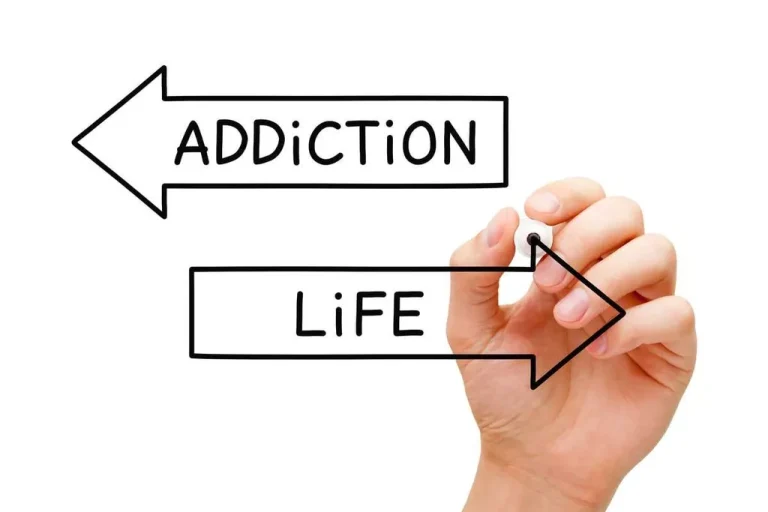50 Substance Abuse Group Therapy Activities for Recovery

Below, you can view the list as it stood on 29 March 2013 (it will be updated here periodically). Group therapy is completely confidential and usually done with the same group over a specific time frame. The people in this support system want to work together to help each other overcome their addiction and live their best lives.
- Much like music, artistic activities can help people relax and focus on something soothing, which aids in recovery and healing.
- Group therapy offers a vital space for individuals in recovery to connect, learn, and grow together.
- Discussing issues such as blame and forgiveness can be particularly effective in a group setting.
The Value of Aftercare Plans

Talking with other group members about the habits that you want to change can help with accountability, but it’s also likely that some members will share the same desire. You may realize that more people also have picked up habits they want to change and can form smaller groups to work specifically on that goal. You may also realize that your habits may not be healthy for you while listening to others share their experience. When you share with the group what you want from therapy, they can help you achieve your goals and hold you accountable. Sharing your education and career goals helps by simply putting the idea out into the world — and you can receive honest feedback in a group treatment program.
Best addiction recovery discussion questions
- All substance abuse topics, including activities, will be slightly different.
- Group discussions can help people come up with or expand upon goals they want to achieve during recovery, such as getting to a sobriety milestone or landing a new job.
- The journey to recovery is arduous, often paved with setbacks and self-doubt.
- Below is a list of therapy topics and themes that may be used during group therapy for substance use disorders.
- Discuss how treatments for physical illnesses – like broken bones or infections – are similar to treatments for psychological illnesses like addiction.
Below is a list of therapy topics and themes that may be used during group therapy for substance use disorders. Although the list is comprehensive, it is by no means a complete list of every topic or theme that may be touched upon during treatment. Group therapy is a vital aspect in all levels of addiction treatment and continued care, including outpatient treatment and sober living. While you often discuss the difficult parts of substance abuse in group therapy, it’s important to celebrate your successes.
- Sharing gratitude can foster a positive group atmosphere and provide encouragement.
- Loneliness is a significant trigger for relapse, so finding ways to connect with others is crucial.
- Participants share their experiences and support each other in the journey towards forgiveness.
The Ongoing Journey of Recovery and Personal Growth

Group therapy can be a powerful catalyst for personal growth, helping you discover strengths you never knew you had and dreams you’d forgotten. Spirituality and finding meaning in recovery is a topic that resonates deeply with many individuals. While not necessarily religious, these groups explore questions of purpose, values, and connection to something greater than oneself.

Many individuals enter treatment without fully grasping the nature of their condition. Through educational sessions and guided discussions, participants learn about the science of addiction, including its impact on brain chemistry and behavior. This knowledge can be empowering, helping individuals to shed self-blame and approach their recovery with greater compassion and understanding. Moreover, group sessions offer a unique opportunity to practice new skills in a supportive environment. Whether it’s learning to communicate more effectively, managing stress, or setting boundaries, these gatherings provide a safe space to experiment and grow.
- While these habits may make not using substances easier, they could still be damaging to your overall well-being.
- It can be helpful to brainstorm ways to reach sleep goals alongside other people who may experience the same thing.
- Setting achievable goals and celebrating successes, no matter how small, can be incredibly motivating.
- For those craving a bit more adventure, outdoor team-building exercises and nature walks offer a breath of fresh air – literally and figuratively.
- That’s where social skills and life management activities come into play.
- Rediscovering a sense of purpose and passion is a motivating part of recovery.
Final Thoughts on Selecting Group Therapy Activities for Your Clients with Substance Abuse

Practicing mindfulness enables them to manage stress and remain centered in their recovery. Resilience is the ability to bounce back from challenges, making it essential for those in recovery. This topic explores how to develop resilience through positive thinking, stress management, and maintaining optimism. Members gain tools to handle setbacks without returning to substance use.

The implementation of new and challenging activities for group members helps to strengthen those bonds. Not all communities need to be created in person, though, and Sober Sidekick is the perfect example of why. With Sober Sidekick, you gain access to a sober community online that is accessible at the tips of your fingers. You can chat with other sober individuals or even addiction professionals whenever necessary. You need to surround yourself with people that understand what you’re going through and want to topics for addiction recovery groups see you succeed.